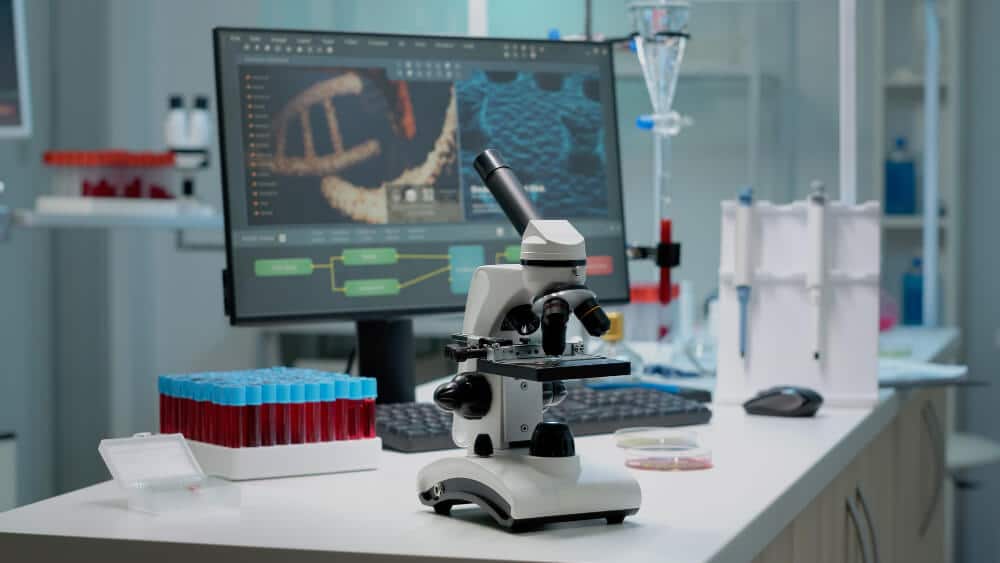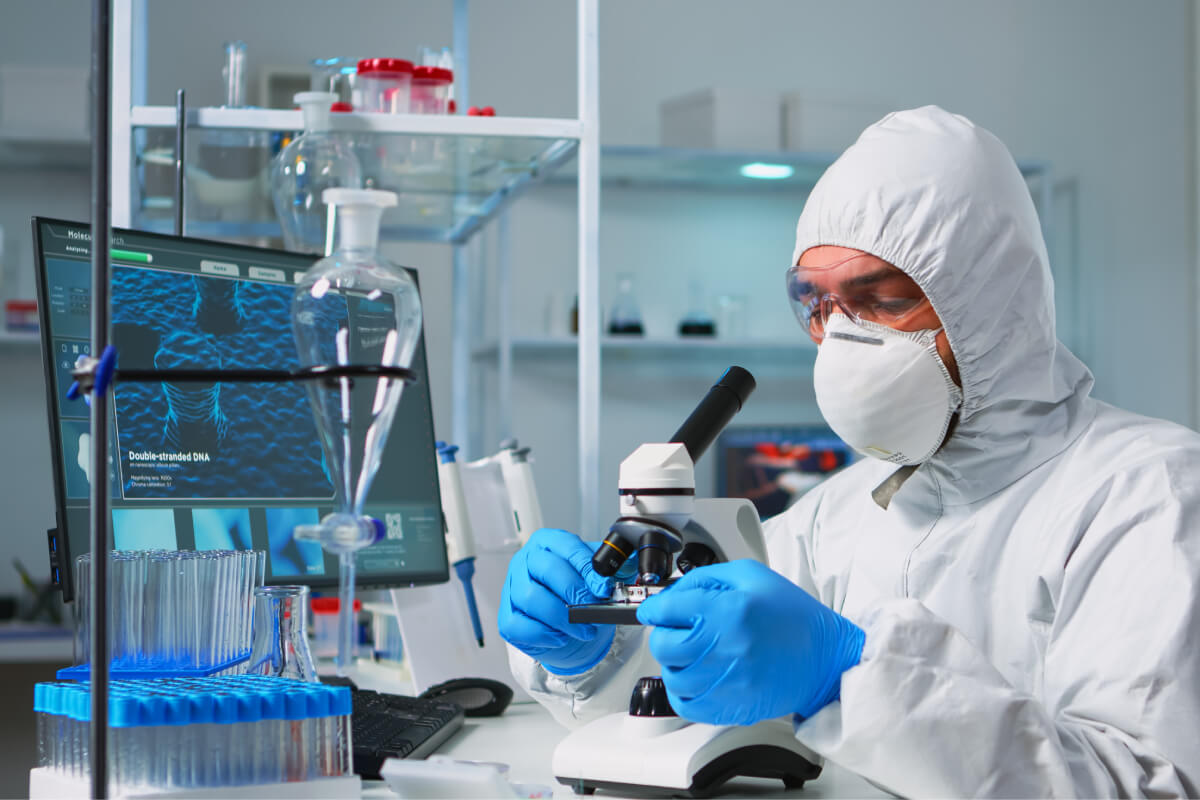Outsmart Your Genes
Conventional Western medicine has been criticised for being reactive rather than proactive because it usually doesn’t take the offensive in attempting to prevent disease. Instead, Western medicine is primarily defensive because it tries to cure people of diseases they’ve already contracted. But with the new, revolutionary medical speciality called preventive medicine, that no longer is true. The mandate of preventive medicine is twofold: to determine your personal genetic profile and, most importantly, to provide you with the means to fight off potential illness before it occurs.
The Power of DNA Testing and Preventive Medicine
Misconception:
Fact:
If you discover that you are at increased risk for a disease, you can take actions to decrease the likelihood that you will get the disease or limit its impact on you if it should ever manifest. And, in all cases, you will be alerted to diseases you might pass on to your children. If you know you’re at risk, there are things you can do about it!
Know Your Genetic Makeup and Take Charge of Your Future

Preventive medicine is the component that makes genetic testing actionable

Preventive medicine is the component that makes DNA testing actionable, and it is a new medical speciality. When a physician believes that a patient needs a radiological examination such as an MRI or a CAT scan, they refer the patient to a doctor specifically trained in radiology to perform the test.




